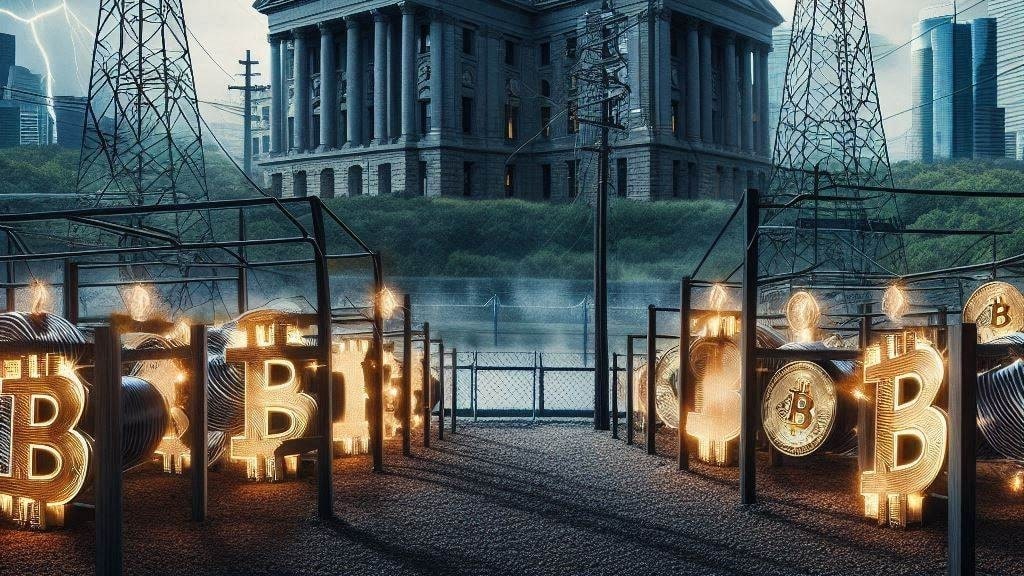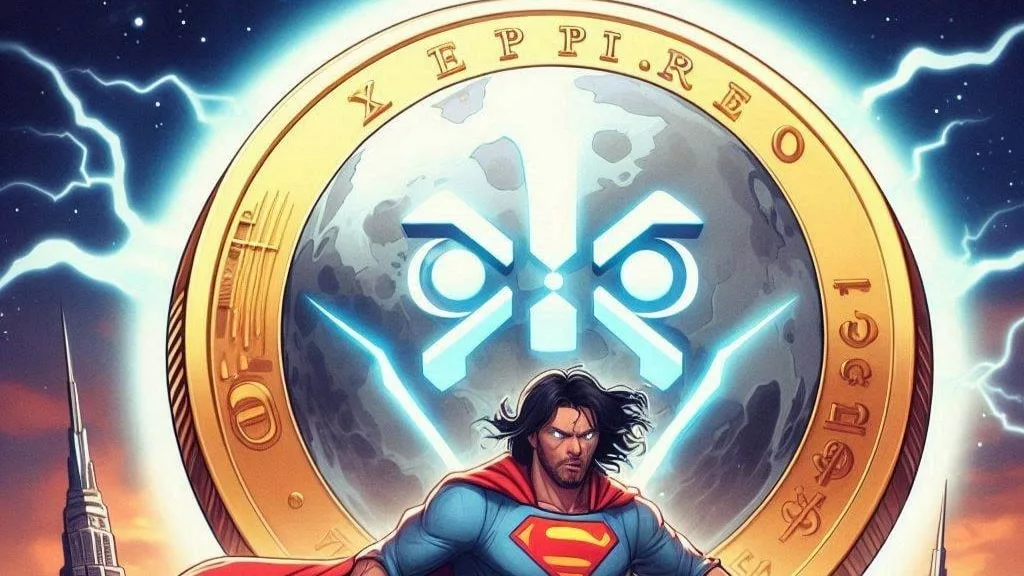
Bitcoin mining, long a lightning rod for environmental and ethical concerns, has recently come under intense scrutiny in Texas. New revelations about the state’s payments to Bitcoin miners to reduce their operations during periods of high electricity demand have ignited a fresh wave of criticism. The practice, designed to protect the state’s power grid, has raised significant concerns about its broader implications for energy consumption and fairness.
The Electric Reliability Council of Texas (ERCOT), responsible for managing the state’s electric grid, has been compensating Bitcoin miners to curtail their activities during peak electricity demand. This approach aims to prevent blackouts and maintain grid stability. However, it was recently revealed that Riot Platforms, a prominent Bitcoin mining company, earned far more money last August by shutting down operations than they would have by continuing to mine.
This has drawn sharp criticism, with many questioning the logic of paying companies to halt their operations instead of finding more sustainable energy solutions. Critics argue that this arrangement benefits the miners at the expense of the state’s energy resources, leading to widespread discontent.
The recent disclosures have provoked a strong reaction from various sectors. Robert Evans, a well-known author and journalist, expressed concern that “the primary profit from industrial Bitcoin mining in Texas is being driven by payments from the state to avoid stressing the grid.” His statement underscores the growing sentiment that these incentives are fundamentally flawed, creating a situation where the state is effectively paying miners to refrain from contributing to the local economy during critical times.
Ed Zitron, CEO of media and public relations firm EZPR, voiced his frustration with the current system. He argued that Bitcoin miners should face higher costs for their electricity consumption, especially when demand is high. “This isn’t how it should work! Bitcoin miners should be charged more for their electricity and penalized if they exceed certain limits, not paid to stop mining!” Zitron’s comments reflect a broader public dissatisfaction with how the energy market is being managed in relation to cryptocurrency mining.
Noah Smith, a former columnist for Bloomberg Opinion, predicted that the backlash against Bitcoin miners in Texas will continue to grow. As more people become aware of the negative impacts of these operations on the state’s energy infrastructure, public opinion is likely to turn increasingly against the industry.
The controversy has even drawn comparisons to infamous energy scandals from the past. Economist Nathan Tankus compared the current situation to the Enron scandal, where the company manipulated energy markets for profit. “Crypto seems to have reinvented a more legally acceptable version of Enron’s tactics, where they were paid to cancel orders,” Tankus noted, highlighting the ethical concerns surrounding the business practices of Bitcoin miners in Texas.
Kelsey D. Atherton, a journalist specializing in military technology, took a harsher stance, suggesting that the state should have taken more drastic measures. Instead of compensating miners to stop their operations, Atherton argued that the government should have seized their property and cut them off from the grid entirely to prevent them from exploiting the system.
Some of the most severe criticism has come from those who accuse Bitcoin miners of exploiting the state’s power grid. By threatening to overload the grid, critics argue that these companies are effectively forcing ERCOT to pay them off, rather than finding more sustainable ways to manage energy demand. This perspective has gained traction as more details about the financial arrangements between the state and mining companies have emerged.
The growing criticism of Bitcoin mining in Texas reflects broader concerns about the cryptocurrency industry’s impact on the environment and public resources. While proponents of Bitcoin often highlight its potential for innovation and financial independence, the environmental and ethical challenges associated with mining operations are becoming harder to ignore.
As the controversy unfolds, it remains uncertain how Texas will address the mounting concerns over Bitcoin mining and its impact on the state’s power grid. Will the state introduce new regulations to curb the influence of miners on the energy market, or will it continue to rely on financial incentives to manage grid stability? The outcome will have significant implications not only for Texas but also for the broader Bitcoin mining industry in the United States.
For now, the debate continues, with critics calling for greater accountability and transparency from the industry, and the state grappling with the challenge of balancing economic interests with the need to protect its energy infrastructure.

Get the latest Crypto & Blockchain News in your inbox.